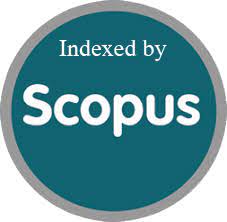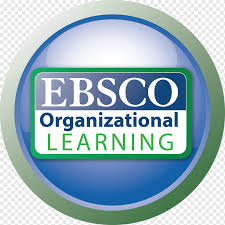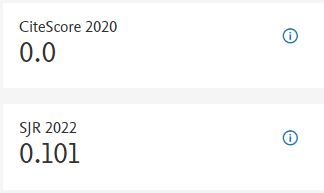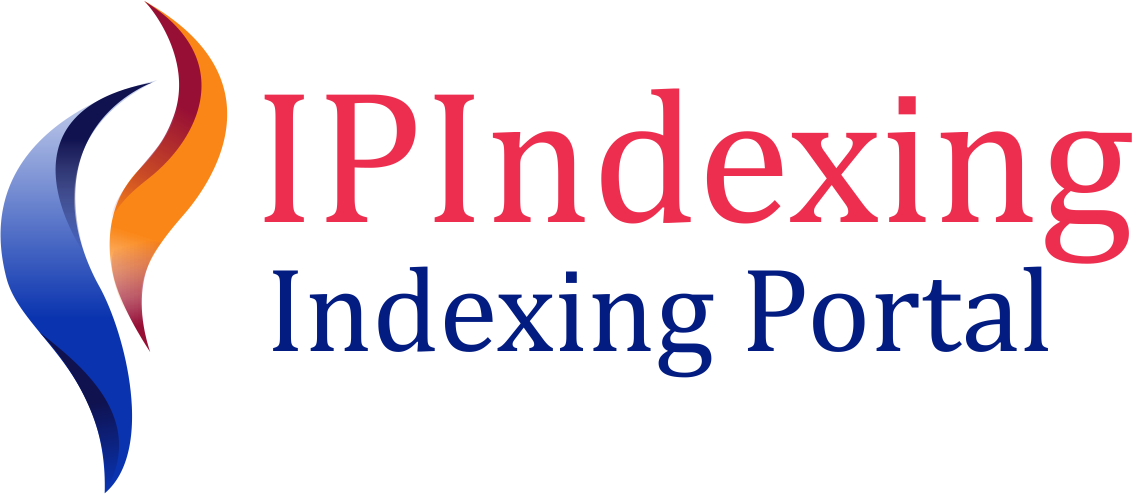About the Journal
MSW Management Journal ISSN: 1053-7899
Focus and Scope
Mission
The mission of the MSW Management Journal is to play a key role in disseminating high-quality scientific research in developing countries. The journal is committed to serving as a periodic publication venue for theoretical and applied research in the field of professional business, studying organizations, nations, markets, and society at large.
Goals
MSW Management Journal main goals are to promote scientific production and dissemination, as well as the advancement of knowledge, in developing countries. The journal seeks to publish original and unpublished articles that address relevant issues and offer valuable insights in the field of professional business.
Scope
The scope of MSW Management Journal encompasses a wide range of topics related to Multidisciplinary, Scientific Work, Management and Professional Business, with an emphasis on the needs and challenges faced by developing countries. The journal values:
- New theoretical perspectives: MSW Management Journal seeks contributions that enable a greater understanding and variety of professional business, with the aim of improving management efficiency and offering critical approaches. Priority is given to the development of new challenging theories, the enhancement of existing theory, and the identification of new research questions.
- Empirical research and practical essays: The journal values empirical investigations and essays that demonstrate practical application in the field of professional business. Unpublished and relevant contributions that utilize quantitative and/or qualitative methods are prioritized.
In addition to the traditional editorial, MSW Management Journal offers the following types of content:
- Editorial comments
- Articles
- Technical reports
- Perspectives
- Literature reviews
Topics of Interest
MSW Management is interested in the following topics related to professional business, with a special focus on the challenges and opportunities of developing countries:
- Multidisciplinary, Scientific Work;
- Strategies for effective stakeholder governance;
- The internal ethics of business organizations;
- Ethical issues related to business;
- Research integrity;
- Ethical decision making and behavior in organizations;
- The ethical dimensions of corporate governance;
- Marketing;
- Environmental law;
- Organization Studies;
- Human Resource Management,
- Entrepreneuship;
- Corporate Governance;
- E-business;
- Information Technology;
- Technology Management;
- Distance Learning;
- Tourism Management;
- Project Management;
- Innovation Management;
- Information Systems
- Monetary Economy
- Production & Operations Management;
- Sustainability and Social and Environmental Management;
- Teaching and e-Learning.
MSW Management is aimed at researchers, academics, professionals, and students interested in various subjects related to professional business, especially those involved in developing countries. The journal aims to meet the information and knowledge needs of these audiences, contributing to scientific advancement and socioeconomic development in these regions.
Target audience
Researchers, academics, professionals and students interested in various issues related to Professional Business and how it is thought, planned and managed.
Submission Policy
The decisions and actions of the Editorial Board are based on ethical principles and the commitment to keep up with the latest advances in the scientific world in developing countries. Operationally, according to the Open Journal System (OJS) platform, all submitted articles are evaluated by the Editorial Board for scientific merit, suitability, and compliance with the American Psychological Association (APA) standards and other MSW Management precepts.
Submitted texts undergo blind peer review, being evaluated by at least two reviewers. After the reviews, the Editorial Board may request changes to the articles before publication.
All submitted texts must be accompanied by a publication authorization letter (printed and electronic), as well as a statement that the content is new and exclusive to the journal.
It is important to emphasize that the responsibility for the content, ideas, opinions, or concepts of the articles rests with the authors. The journal, the educational and research organization, as well as the individuals involved in editorial and journal management boards, committees, or processes, do not assume responsibility for such elements.
Kindly email your research paper/article on
email id: [email protected]
Current Issue

Articles
Kindly email your research paper/article on
email id: [email protected]
















